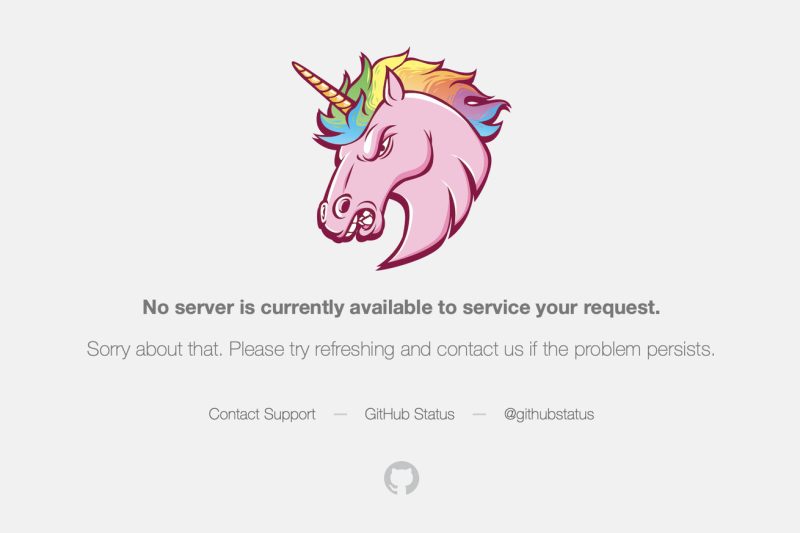GitHub Outage: Understanding the Impact on Developers
The recent outage of GitHub, the popular code sharing platform, has taken developers and tech enthusiasts by surprise. During the sudden downtime, users across the globe faced issues accessing repositories, managing their projects, and collaborating with their teams. Let’s delve into the repercussions of this unexpected occurrence and how developers can better prepare for such eventualities.
1. Disruption in Workflow
Many developers heavily rely on GitHub for version control, issue tracking, and project management. The sudden unavailability of the platform interrupted the workflow of countless software development teams. Projects came to a standstill, and developers were unable to push or pull code, merge branches, or create new repositories. This disruption not only caused delays in ongoing projects but also affected deadlines and release schedules.
2. Loss of Productivity
For individual developers, GitHub serves as a central hub for their source code and collaboration efforts. The outage meant that developers were unable to access crucial code repositories, review pull requests, or contribute to open-source projects. This led to a loss of productivity as developers were unable to work on their tasks efficiently. It also highlighted the importance of having backup measures and redundancy in place to mitigate such productivity losses in the future.
3. Communication Challenges
Effective communication among team members is paramount in software development projects. GitHub’s outage impacted real-time collaboration as developers were unable to comment on issues, submit pull requests, or conduct code reviews. This lack of communication hindered decision-making processes, slowed down bug fixes, and impeded the overall progress of collaborative coding efforts. Developers had to resort to alternative communication channels, such as email or instant messaging, to stay connected with their teams during the outage.
4. Dependency on Single Point of Failure
The GitHub outage underscored the risks of relying heavily on a single platform for code hosting and collaboration. While GitHub has established itself as a dominant player in the software development ecosystem, this incident exposed the vulnerability of being dependent on a singular service. Developers and organizations should consider diversifying their tools and platforms to reduce the impact of potential outages or service disruptions.
5. Preparedness and Contingency Planning
In the aftermath of the GitHub outage, developers are reminded of the importance of being prepared for unforeseen circumstances. Creating local backups of repositories, utilizing alternative version control systems, and setting up redundant hosting solutions are some proactive measures that developers can implement to safeguard their projects against downtime incidents. Additionally, developing contingency plans and establishing communication channels outside of the primary platform can help mitigate the disruptions caused by service outages.
In conclusion, the recent GitHub outage serves as a wake-up call for developers to reassess their reliance on a single platform and take proactive steps to mitigate the impact of potential service disruptions. By diversifying tools, implementing backup strategies, and fostering effective communication practices, developers can better prepare themselves to navigate through unforeseen challenges in the ever-evolving landscape of software development.

